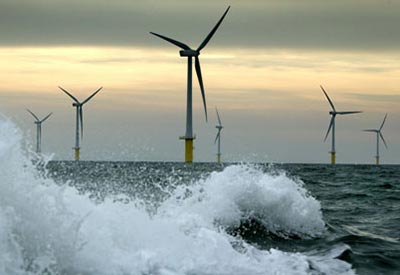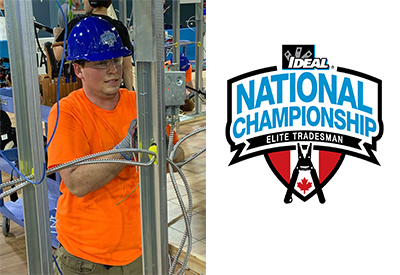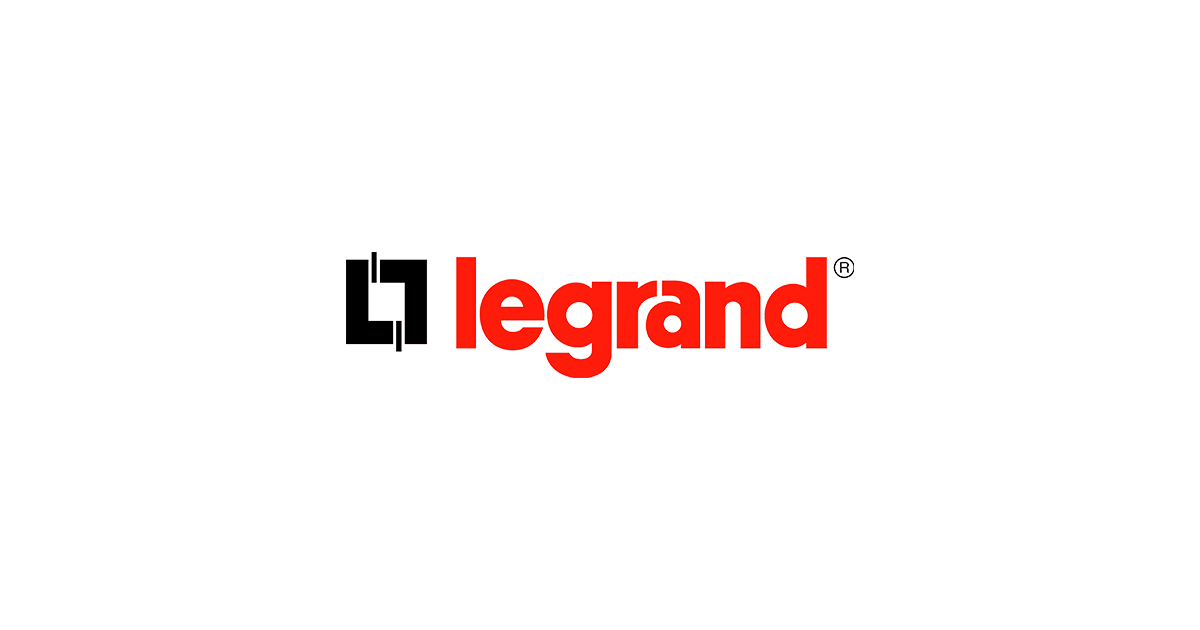Offshore Windfarms Set to Fly with New Standard for Their Ports

Clare Naden
Offshore wind energy is a growing business, providing enormous potential to meet the world’s energy needs. But with their structures based at sea, building them has always posed a number of challenges. Now those challenges can be significantly reduced with a new standard for ports and marine operations for offshore wind energy structures.
A relatively recent technology, the capability of offshore wind power is seemingly limitless, with the ability to meet Europe’s energy requirements seven times over.* While largely based in Europe, the development of offshore wind structures is expanding around the world, with China, Japan, the U.S. and other countries rapidly moving forward.
ISO’s new international standard for the port and marine operations associated with offshore wind farms will help that development, improving the safety and accessibility of the sites.
ISO 29400:2015, Ships and marine technology – Offshore wind energy – Port and marine operations provides comprehensive requirements and guidance for the planning and engineering of port and marine operations, encompassing all related documents and works necessary for the installation and maintenance of offshore wind farms.
This includes the design and analysis of the components, systems, equipment and procedures required to perform port and marine operations, as well as the methods or procedures developed to carry them out safely.
The standard is the lead of a series of six standards, developed by ISO technical committee ISO/TC 8, Ships and marine technology, whose secretariat is held by SAC, ISO’s member in China. It is aimed at achieving a high level of reliability in the planning and execution of components and systems involved in the support and operations of offshore wind energy. These include supply chain information flow, personnel transfer systems and work and living conditions offshore.
“The objective of these standards is to ensure port and marine operations are carried out within defined safety and reliability levels, no matter where they are in the world, providing confidence but not hindering innovation,” says Captain Charles H. Piersall, Chairman of ISO/TC 8 and a retired US naval officer with nearly 60 years of distinguished maritime career.
















